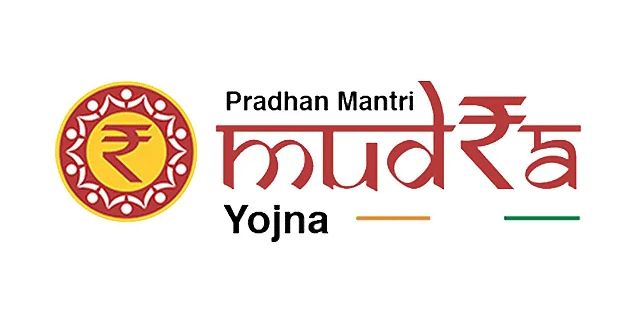
The Pradhan Mantri Mudra Yojana (PMMY) is an initiative launched by the Government of India in April 2015 aimed at providing financial support to small and micro enterprises. The scheme is designed to foster entrepreneurship, boost employment, and promote the growth of the unorganized sector in the economy. Under PMMY, loans are extended to individuals and businesses for various purposes, primarily to help them start or expand their operations.
The loans under PMMY are classified into three categories based on the stage of development of the business.
Shishu Loans category is aimed at new enterprises and provides loans up to Rs 50,000. It is primarily designed for entrepreneurs starting their businesses or for micro-enterprises seeking initial funding. Shishu loans are particularly beneficial for individuals in sectors such as retail, manufacturing, and service industries who need a small amount of capital to get their operations off the ground.
Kishore loans are intended for businesses that are more established and are seeking additional funding for expansion. The loan amount ranges from Rs 50,001 to Rs 5 lakh. This type of loan is suitable for small enterprises looking to scale their operations, enhance their product offerings, or improve their market reach.
Tarun Loans provides financial assistance for more developed enterprises requiring funding between Rs 5 lakh and Rs 10 lakh. These loans cater to businesses that have already established a market presence and are looking for significant capital to drive further growth or innovation.
To avail of Mudra loans under PMMY, applicants must meet certain eligibility criteria.
In Business Type, the applicant must be involved in a micro or small enterprise. This includes businesses in sectors such as manufacturing, services, and trading. A good credit history and credit score can significantly enhance the chances of loan approval, although loans are provided without any collateral up to certain limits. A well-structured business plan detailing the use of funds, projected revenues, and growth strategy may be required.
The application process for Mudra loans is straightforward. Prospective borrowers can apply for Mudra loans online through the Mudra website or through various partner banks and financial institutions. Applicants need to provide essential documents, including identity proof, address proof, business registration, and a detailed business plan. Financial institutions evaluate the application, assess the creditworthiness of the borrower, and determine the loan amount based on the proposed business.
Mudra loans under PMMY come with several advantages.
Borrowers are not required to provide collateral for loans up to Rs 10 lakh, making it easier for entrepreneurs with limited assets to access funds.
Many banks offer loans at competitive interest rates, often lower than market rates, to promote entrepreneurship among the economically weaker sections.
The repayment terms can be adjusted based on the borrower’s cash flow and business needs, which helps in managing financial pressure.
PMMY supports a wide array of sectors, including agriculture, manufacturing, retail, and service industries, thus promoting comprehensive economic development.
While the Mudra scheme has been instrumental in supporting entrepreneurship, it also faces some challenges.
Many potential borrowers, especially in rural areas, remain unaware of the scheme and its benefits. Increased awareness efforts are crucial for maximizing the scheme’s impact.
Some banks may have stringent credit evaluation criteria that can make it challenging for certain borrowers, particularly first-time entrepreneurs, to secure loans.
In some sectors, there is intense competition, and businesses may find it challenging to sustain growth even after receiving funding.
The Pradhan Mantri Mudra Yojana has emerged as a vital tool for fostering entrepreneurship in India, providing essential financial support to micro and small enterprises. The tiered loan structure-Shishu, Kishore, and Tarun-ensures that businesses at various stages of development can access the necessary capital to grow. With no collateral requirements, competitive interest rates, and flexible repayment options, Mudra loans play a critical role in empowering individuals and boosting the Indian economy.
As the government continues to promote this initiative, enhancing awareness and simplifying the application process will be key to reaching a broader audience and driving the growth of entrepreneurship across the country. The success of PMMY will ultimately depend on the collective efforts of financial institutions, government bodies, and aspiring entrepreneurs to create a thriving ecosystem for small businesses.

